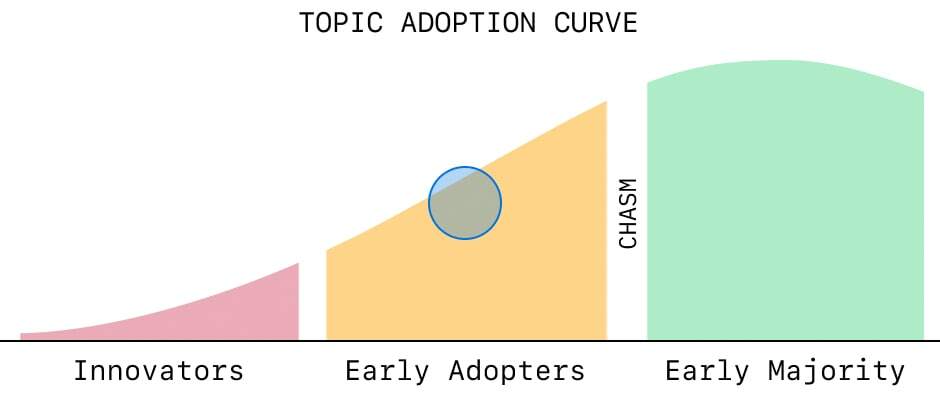Machine Learning
Machine learning is a field of artificial intelligence that uses statistical techniques to give computer systems the ability to "learn" (e.g., progressively improve performance on a specific task) from data, without being explicitly programmed.
The name machine learning was coined in 1959 by Arthur Samuel. Machine learning explores the study and construction of algorithms that can learn from and make predictions on data – such algorithms overcome following strictly static program instructions by making data-driven predictions or decisions, through building a model from sample inputs. Machine learning is employed in a range of computing tasks where designing and programming explicit algorithms with good performance is difficult or infeasible; example applications include email filtering, detection of network intruders, and computer vision.

Presentations
Machine Learning on Mobile and Edge Devices With TensorFlow Lite
Machine learning enables some incredible applications, from human-centric user interfaces to generative art. But the traditional machine learning architecture is server-based, with data being sent from users' devices to the cloud, and users are rightly concerned about privacy, safety, and...
Self-Driving Cars as Edge Computing Devices
Every Uber self-driving car runs advanced software, often for hours on end, which requires a powerful compute stack. In this talk, we’ll explain the architecture of Uber ATG’s self-driving cars and have a look at how the software is developed, tested, and deployed.
CI/CD for Machine Learning
Machine Learning is now widely used across our industry, yet we have very limited tooling when it comes to automating the ML model versioning, testing, and release. We will show how a CI/CD pipeline for ML can greatly improve both your productivity and the reliability of your software.
Machine Learning 101
Today’s world generates different kinds of data at unbelievably rapid rates. This has resulted in a shift away from traditional software development towards fields like Artificial Intelligence and Machine Learning. Many are saying that Machine Learning is changing the world - but what...
When Machine Learning Can't Replace the Human
In our modern era of digital cameras and automated imaging, hoards of data are piling up that can be used to solve a myriad of problems: but only if there is a way to categorise and tag the images. Machine Learning is making great strides, but despite all attempts to make it the hammer that bends...
ML/AI Panel
This is your chance to hear from the experts: ML platform builders and longtime users. What makes ML different from other types of applications and why does it require special tooling? How did they get started and what tools would they use if they were starting today? Where is the low-hanging...
Interviews
CI/CD for Machine Learning
What do you want people to leave the talk with?
If I had to summarize it in one line it would be any CI/CD pipeline is better than none. If you're going to automate major key pieces of this process will make your life a lot easier, simplify it and add speed to your deployments.
Read Full InterviewWhen Machine Learning Can't Replace the Human
What is the work that you're doing today?
I'm working to find ways to help us use technology to map other worlds. At this particular moment in time, computer vision isn't quite ready to mark the hazards our spacecraft face day today. I'm trying to figure out how to integrate in humans in my algorithm and do it in a way that's ethical and can, where possible,...
Read Full Interview